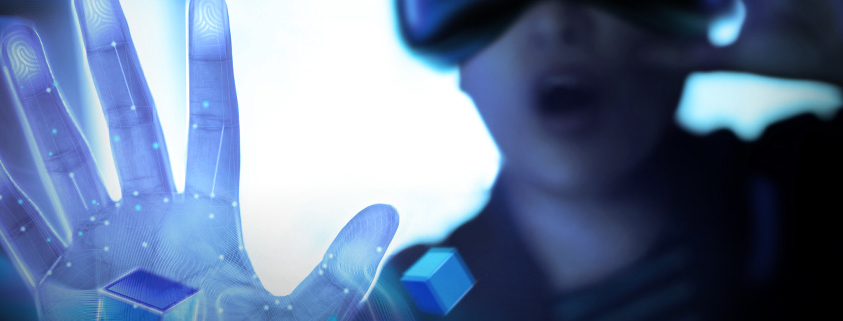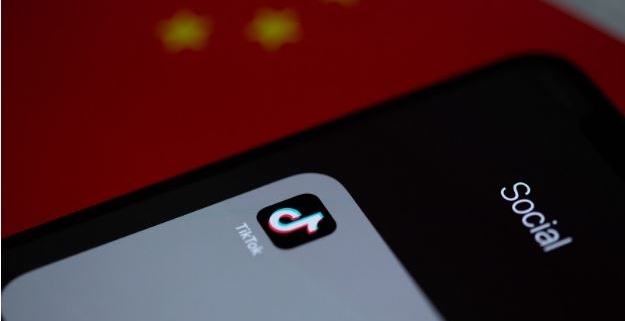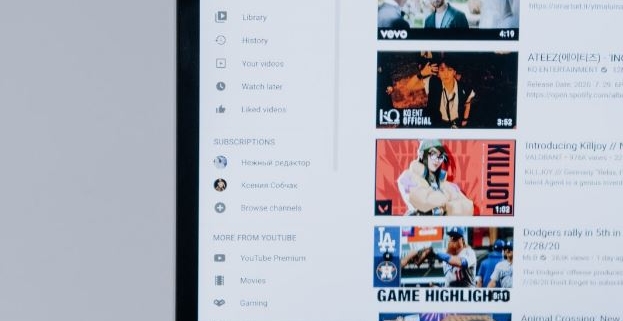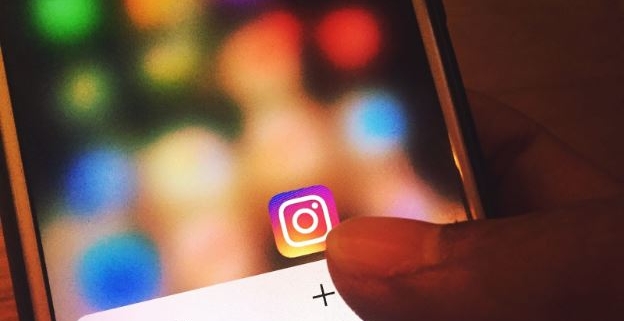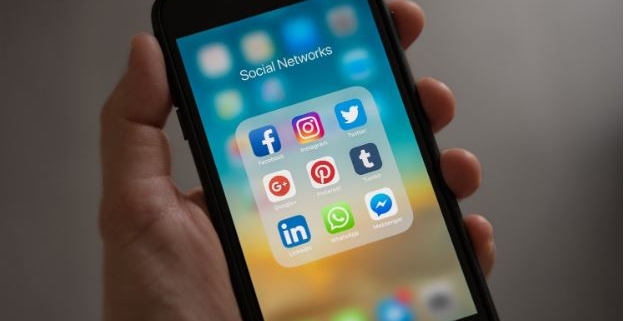Here’s what the checklisted childhood looks like. We keep them safe and sound, and then we want to be sure they go to the right schools, but not just that, that they’re in the right classes at the right schools, and that they get the right grades in the right classes in the right schools. But not just the grades, the scores, and not just the grades and scores, but the accolades and the awards, and the sports, and the activities, and the leadership.
We tell our kids don’t just join a club, start a club, because colleges want to see that. There’s no time for free play. There’s no room in the afternoons, because everything has to be enriching, we think, and we even absolve them of getting enough sleep as long as they’re checking off the items on their checklist. We spend so much time nudging, cajoling, hinting, helping, haggling, nagging as the case may be, to be sure they’re not screwing up, not closing doors, not ruining their future, some hoped-for admission to a tiny handful of colleges. And all of this is done to some hoped-for degree of perfection. We expect our kids to perform at a level of perfection we were never asked to perform at ourselves. With our overhelp, our overprotection, overdirection and hand-holding, we deprive our kids of the chance to build self-efficacy.
If our children are to develop self-efficacy – and they must – then they have to do a whole lot more of the thinking, planning, deciding, doing, hoping, coping, trial and error, dreaming and experiencing of life for themselves. And if we could widen our blinders and be willing to look at a few more colleges, maybe remove our own egos from the equation, we could accept and embrace this truth and then realize, it is hardly the end of the world if our kids don’t go to one of those big brand-name schools. And more importantly if their childhood has not been lived according to a tyrannical checklist, then when they get to college, whichever one it is, well they’ll have gone there on their own volition, fueled by their own desire, capable and ready to thrive there.

